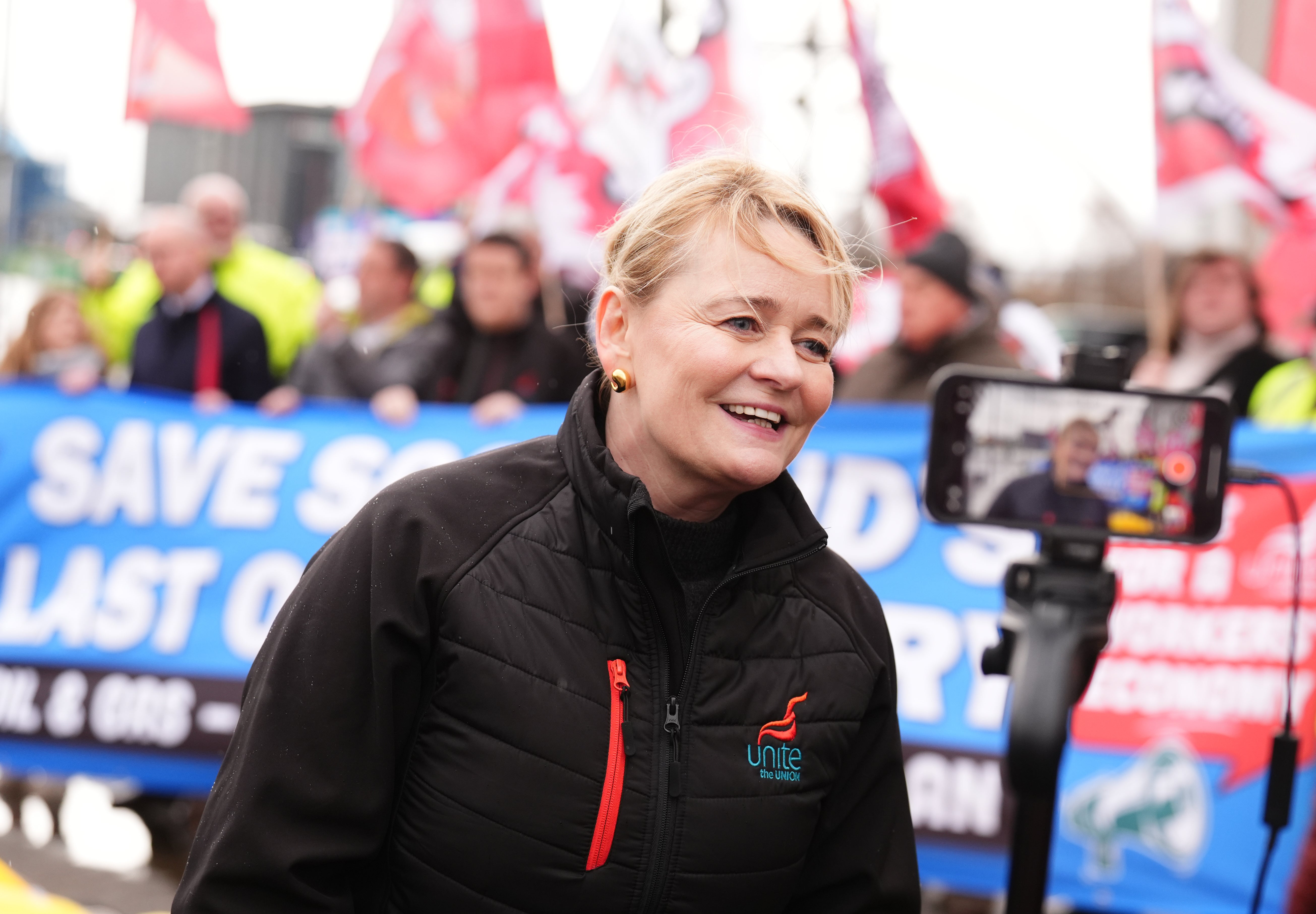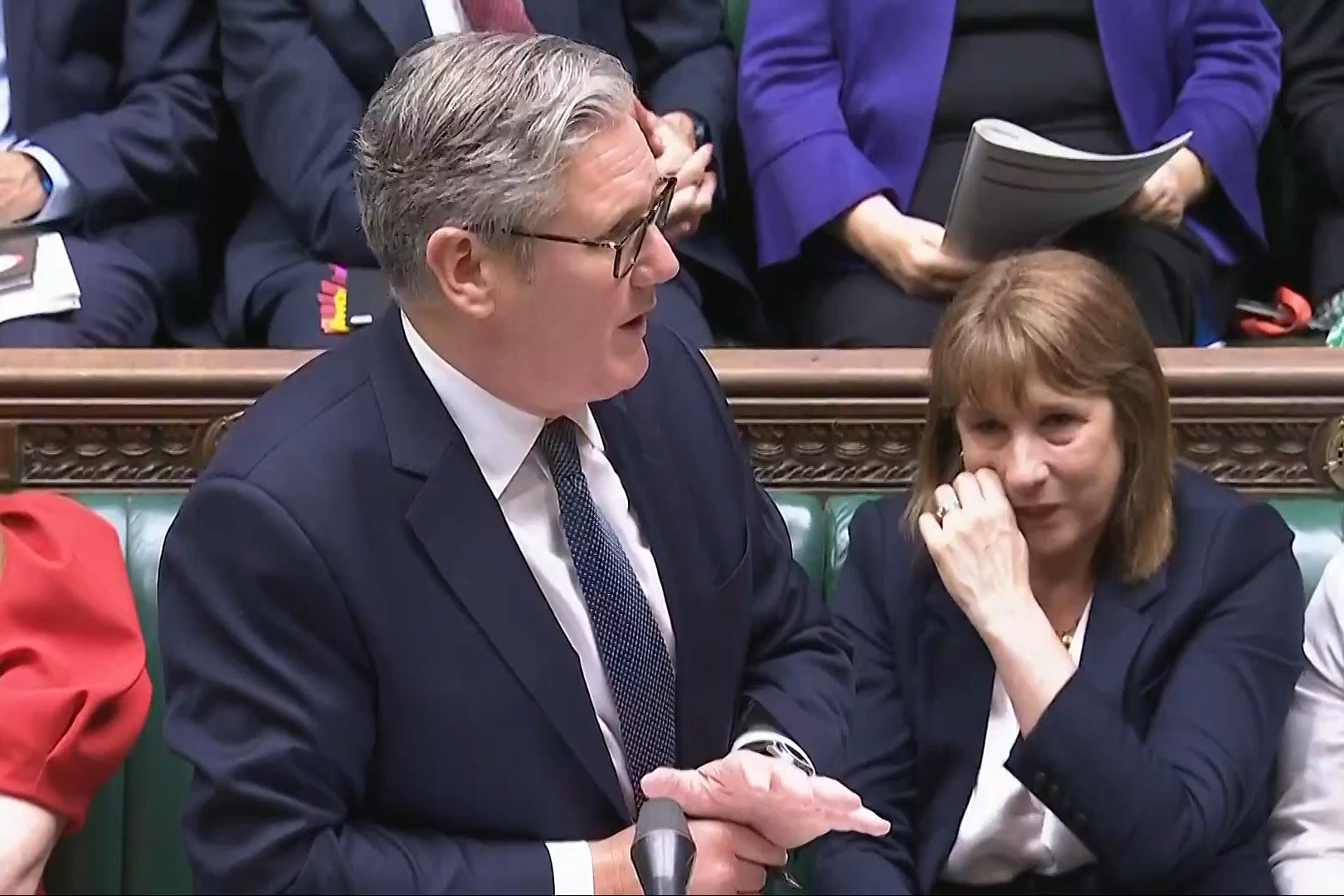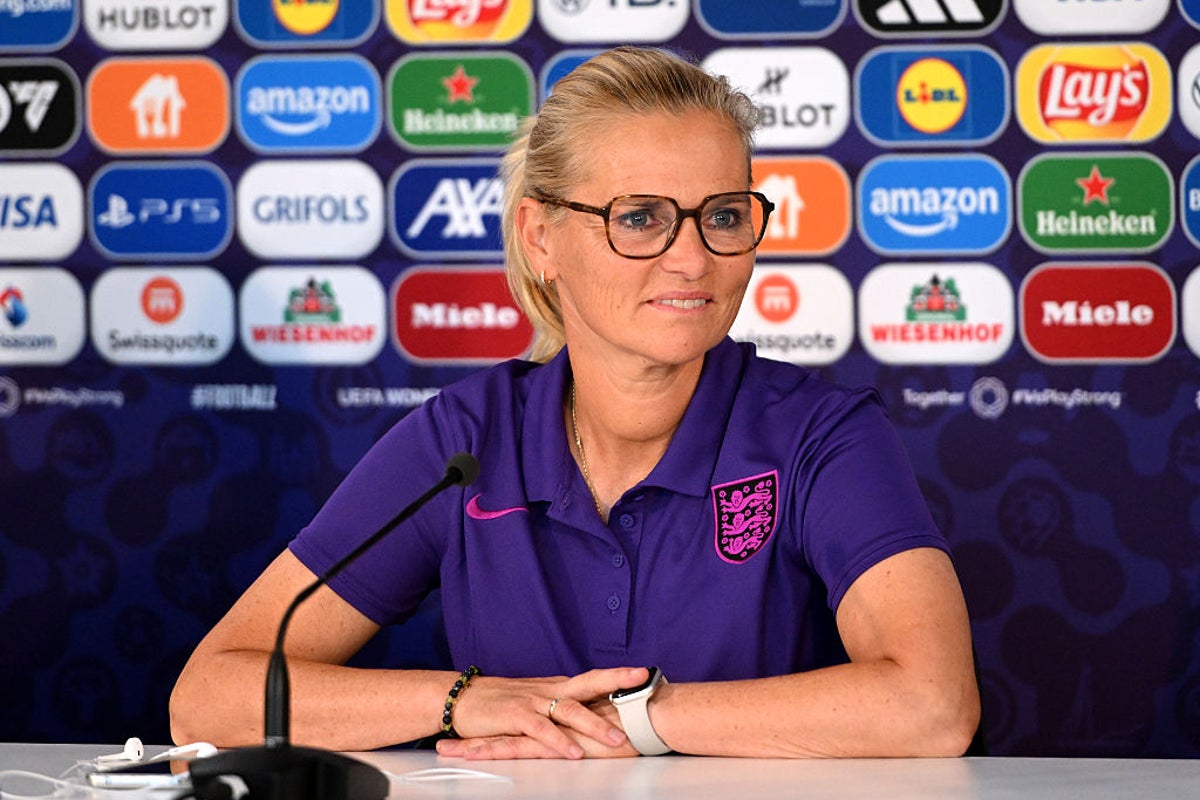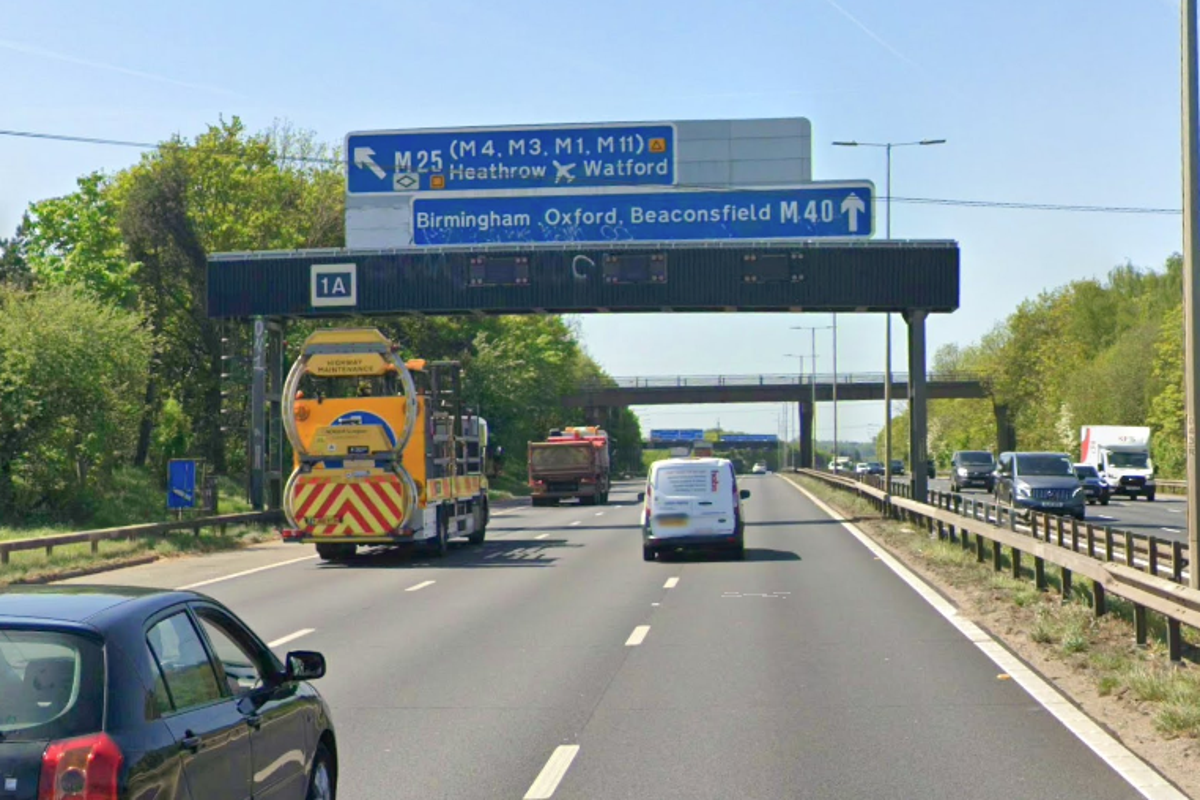As Keir Starmer gathered his top ministers for a special away day in Chequers for a team-building reset on Friday, one figure arrived in a much more powerful position than she was in just two weeks ago.
It is now widely recognised by Labour MPs, across the different wings of the party, that deputy prime minister Angela Rayner’s influence in this government is greater than almost anybody else.
Certainly more than the wounded chancellor Rachel Reeves, who has been beset by economic woes, and even more than health secretary Wes Streeting who, like Rayner, has been tipped as a future contender for the leadership.
She was, though, completely unprepared for the shot fired by the Unite union, after its general secretary announced it had suspended her membership for failing to resolve the Birmingham refuse collectors dispute.
But while a trade union that looks set to peel off and back Jeremy Corbyn’s new party gave her a headache, Ms Rayner nevertheless is enjoying a surge in influence – for now.

Welfare rebellion
The biggest reason for her rise is the result of the welfare rebellion just over a week ago.
As one party whip put it: “There’s nobody more powerful in the government than Angela at the moment.
“She was the one who brokered the deal with Labour rebels, she was the one who talked people off the ledge from voting against the government.”
As another ally pointed out that she did not even want the disability cuts and had already sent a leaked memo to Ms Reeves suggesting wealth taxes instead of austerity.
Now, after last Wednesday’s PMQs, it seems like the government has no option but to raise taxes.
But the turnaround for Ms Rayner actually started with her holdout in the spending review, where she got a £39bn for housing and more than expected for local government.

A spot of union bother
Some may see the recent decision by Unite the union to suspend her membership (even though she left the union in April) as a problem.
But behind the scenes it has confused people on the left and other unions, who believe Ms Rayner has turned Starmer’s government leftward on disability benefits and steering through the bill on workers’ rights.
As a TUC source noted: “The main metric we are judging this government by is the workers’ rights legislation and that is on course.”
Unite took action because of her position on the Birmingham bins strike. But an ally of Ms Rayner said: “It’s wild! They know full well that Angela cannot directly intervene in the way that they say, and to attack one of the few remaining cabinet members who is standing up for workers rights and real labour values is simply mad.”
However, it remains to be seen if the escalating clash with Unite will halt Ms Rayner’s rise.
A rival court to Downing Street
How the tide can turn. Just over a month ago, there was talk about Ms Rayner being demoted and losing the housing part of her portfolio.
Now there is speculation in Westminster that the deputy prime minister could soon have her own official office, with its own staff and comms team.
There is some scepticism, especially over what it would mean for Sir Keir himself and his chief of staff Morgan McSweeney.
As one ally of Ms Rayner noted: “Morgan will hate the idea and do everything he can to stop it. An Office of the Deputy Prime Minister (ODPM) would create a rival court, an alternative centre of government.”
The last person to have an ODPM was John Prescott under Tony Blair, but unlike Ms Rayner, Prescott was never seen as a candidate to replace Sir Tony.

All about the leadership
There is still a lot of fevered speculation about whether Sir Keir can survive as prime minister.
The image of his chancellor in tears while he failed to guarantee her future this month became the image of a government spiralling out of control after just a month.
There are many waiting to see the results of the elections in Scotland, Wales and English councils next May to decide whether to launch a putsch.
If he is forced out, Ms Rayner is now the clear favourite to take over, despite her protestations that she does not want the job.

Beware the ‘Rayner’s rise’ trap
While Ms Rayner is on top at the moment, there is some speculation that the spending review with Ms Reeves has laid a trap for her much more problematic than the issues with Unite.
In getting her cash for local government and housing it appears that the deputy prime minister has signed up to council tax rises of 5 per cent.
At the housing and local government select committee hearing this week in the Commons she denied that the increase was “baked in”, but MPs from her own party and the opposition were not convinced at all.
The Independent has been told that already the term “Rayner’s rise” is being used for hefty council tax increases not seen since the Blair era two decades ago. Back in the Blair government it was Prescott and his Office of the Deputy PM which took the brunt of the anger over rising bills – it will be the same for Ms Rayner.
Among her allies there is genuine concern that Ms Rayner’s opponents inside and outside the party are “preparing to weaponise” it as an issue when council tax bills land at the end of the year.
There are fears that it will not take much to turn the public against her.





